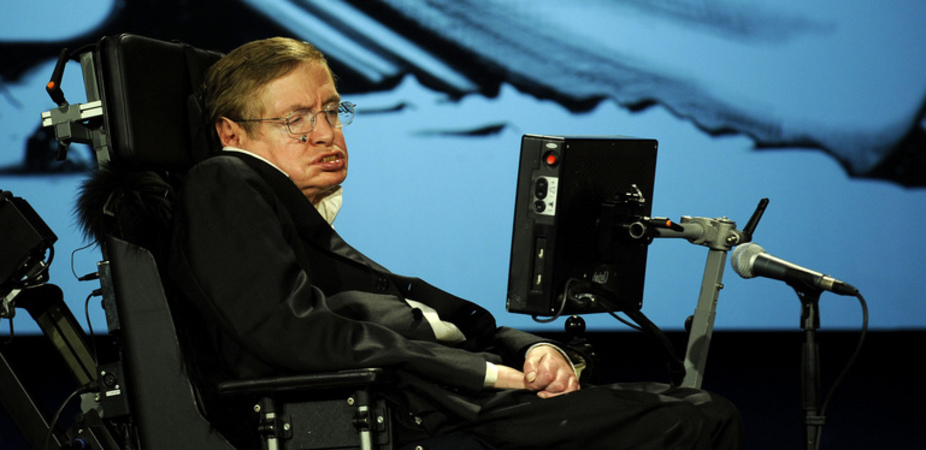
Get the world’s most fascinating discoveries delivered straight to your inbox.
You are now subscribed
Your newsletter sign-up was successful
Want to add more newsletters?

Delivered Daily
Daily Newsletter
Sign up for the latest discoveries, groundbreaking research and fascinating breakthroughs that impact you and the wider world direct to your inbox.

Once a week
Life's Little Mysteries
Feed your curiosity with an exclusive mystery every week, solved with science and delivered direct to your inbox before it's seen anywhere else.

Once a week
How It Works
Sign up to our free science & technology newsletter for your weekly fix of fascinating articles, quick quizzes, amazing images, and more

Delivered daily
Space.com Newsletter
Breaking space news, the latest updates on rocket launches, skywatching events and more!

Once a month
Watch This Space
Sign up to our monthly entertainment newsletter to keep up with all our coverage of the latest sci-fi and space movies, tv shows, games and books.

Once a week
Night Sky This Week
Discover this week's must-see night sky events, moon phases, and stunning astrophotos. Sign up for our skywatching newsletter and explore the universe with us!
Join the club
Get full access to premium articles, exclusive features and a growing list of member rewards.
If humanity doesn't become a truly spacefaring species in the next five centuries or so, we may well go extinct, Stephen Hawking said, according to media reports.
During a video presentation Sunday (Nov. 5) at the Tencent Web Summit in Beijing, the famed cosmologist warned that the ever-rising human population, and its mounting energy needs, could render Earth uninhabitable by the year 2600, according to the British newspaper The Sun.
Hawking therefore advised that we get our act together and "boldly go where no one has gone before," The Sun reported.
During his talk, Hawking also highlighted the exploration potential of Breakthrough Starshot, a $100 million project that aims to develop tiny, uncrewed, sail-equipped probes that will be accelerated to 20 percent the speed of light by powerful lasers.
Such nanocraft could get to Mars in less than an hour and theoretically fly by the closest exoplanet to Earth — the possibly habitable Proxima b, which lies about 4.2 light-years from us — after a space journey of just 20 years, Hawking and other Starshot team members have said.
"Maybe if all goes well, sometime a little after the middle of the century, we'll have our first picture of another planet that may be life-bearing orbiting the nearest star," Breakthrough StarshotExecutive Director Pete Worden, the former head of NASA's Ames Research Center, said at the summit in Beijing, according to The Sun.
Follow Mike Wall on Twitter @michaeldwall and Google+. Follow us @Spacedotcom, Facebook or Google+. Originally published on Space.com.
Get the world’s most fascinating discoveries delivered straight to your inbox.

 Live Science Plus
Live Science Plus











